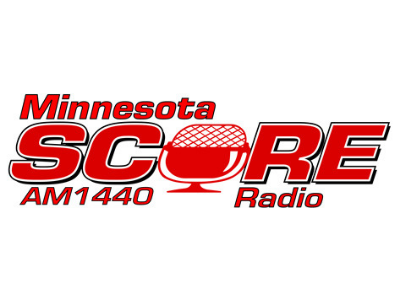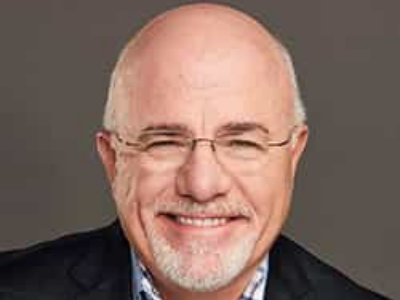Klarna shares rise 15% in their first day of trading on Wall Street
News > Business News

Audio By Carbonatix
7:45 PM on Tuesday, September 9
By KEN SWEET
NEW YORK (AP) — Klarna made a solid debut on the New York Stock Exchange, with shares of the Swedish buy now, pay later company rising nearly 15%, the latest in a run of high-profile initial public offerings this year.
Klarna stock opened at $52 a share Wednesday, a 30% premium to the company's $40 pricing. It took roughly three-and-a-half hours for the specialists on the floor of the NYSE to manually price the first batch of trades of the company. The shares rose as high as $57 before losing some momentum and ending at $45.82, up 14.6%.
More than 34 million shares worth approximately $1.37 billion were sold to investors, making it the largest IPO this year, according to Renaissance Capital. That's notable because 2025 has been one of the busier years for companies going public.
Other notable IPOs this year include the design software company Figma and Circle Internet Group, which issues the USDC stablecoin. Investors are also looking forward to the expected market debuts of the ticket exchange StubHub and the cryptocurrency exchange Gemini, which is majority owned by the Winklevoss twins.
Founded in 2005 as a payments company, Klarna entered the U.S. buy-now-pay-later market in 2015 in partnership with department store operator Macy’s. Since then, Klarna has expanded to hundreds of thousands of merchants and embedded itself in internet browsers and digital wallets as an alternative to credit cards. The company recently announced a partnership with Walmart.
The company will trade under the symbol “KLAR.” While Klarna was founded in Sweden and is a popular payment service in Europe, company executives said they made the decision to go public in the U.S. as a signal that Klarna’s future growth opportunities lay with the American shopper.
“It’s the largest consumer market in the world, and it’s the biggest credit card market in the world. It’s a tremendous opportunity, from our perspective,” said CEO and co-founder Sebastian Siemiatkowski in an interview with The Associated Press ahead of the IPO.
Over the years and in multiple interviews, Siemiatkowski has made it clear that Klarna wants to steal away customers from the big credit card companies and sees credit cards as a high-interest, exploitative product that consumers rarely use correctly.
Klarna’s most popular product is what’s known as a “pay-in-4” plan, where a customer can split a purchase into four payments spread over six weeks. The company also offers a longer-term payment plan where it charges interest. The business model has caught on globally, particularly among consumers who are reluctant to use credit cards. The company said 111 million consumers worldwide have used Klarna.
Klarna and other buy-now-pay-later companies have attracted increased public interest in recent years as the business model has caught on. State and federal regulators, as well as consumer groups, have expressed some degree of worry that consumers may overextend themselves financially on buy-now-pay-later loans just as much as they do with credit cards.
Siemiatkowski says the company is actively monitoring how consumers use their products, and the average balance of Klarna user is less than $100. Because the company issues loans that are six weeks or less, Klarna argues it can more easily adjust its underwriting standard depending on economic conditions.
With Klarna going public, its co-founders are now billionaires. At Klarna’s IPO price of $40, Siemiatkowski’s 7% stake in the company is worth around $1 billion, while Victor Jacobsson, who left the company in 2012, owns an 8.4% stake in the company now worth $1.3 billion. Siemiatkowski said he did not selling shares as part of the IPO.
But with Klarna’s 20-year-long incubation period before going public, and several fundraising rounds, major parts of Silicon Valley are walking with a handsome return for their patience. Sequoia Capital, the storied venture capital firm that was an early backer in the company, has accumulated a 21% ownership in Klarna worth roughly $3.15 billion. Silver Lake, another major VC firm, owns roughly 4.5% of the company.
Klarna reported second-quarter revenue of $823 million in August before going public and had an adjusted profit of $29 million. The delinquency rate on Klarna’s “pay-in-4” loans is 0.89% and on its longer-term loans for bigger purchases, the delinquency rate is 2.23%. Those figures are below the average 30-day delinquency rates on a credit card.
Klarna will now be the second-largest buy-now-pay-later company by market capitalization behind Affirm. Shares of Affirm have surged more than 40% so far this year, putting the value of the company around $28 billion, helped by a belief among investors that buy-now-pay-later companies may take away market share from traditional banks and credit cards. Affirm fell slightly Wednesday.
Klarna’s primary underwriters for the IPO were JPMorgan Chase and Goldman Sachs.












